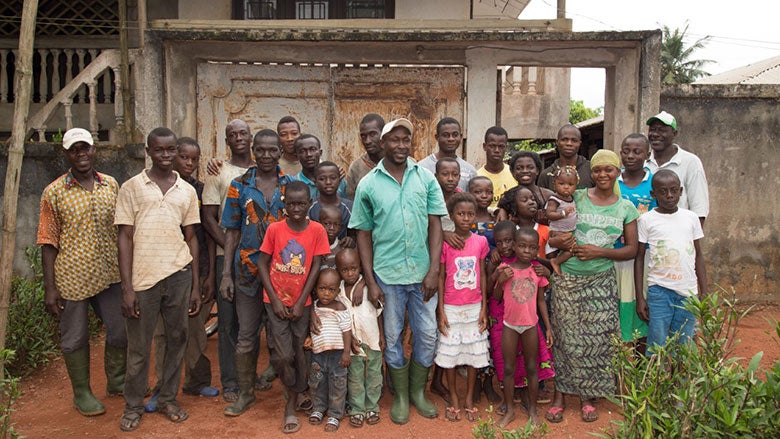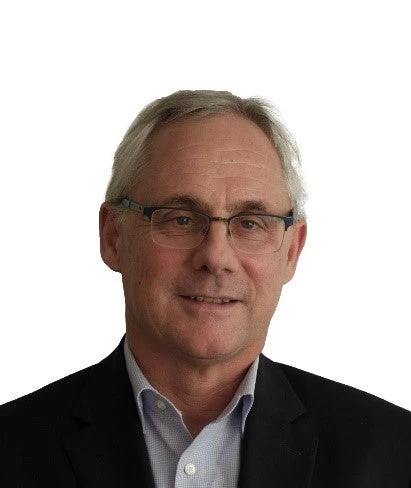
The story of a country’s economic development is often told through the lens of new roads, factories, power lines, and ports. However, it can also be told through the voices of every day heroes, individuals who have taken action to improve their lives and those around them. In this blog series, the World Bank Group, in partnership with the Ivorian newspaper Fraternité Matin and blogger Edith Brou, tells the stories of those individuals who, with a boost from a Bank project, have set economic development in motion in their communities.
“Preparing kabato used to be a grueling task,” explains Salimata Koné, a resident in the village of Paris Léona, located some 500 kilometers to the north west of Abidjan. The women in the village usually had to toil away with mortars and pestles to produce this corn meal that fed the entire family. This laborious activity ended when Salimata Koné and other women in the village participated in the budget discussions led by the village chief, providing them with the opportunity to acquire a mill in their community. Since then, life has been much easier.
This is just one of many examples attesting to the benefit of civic engagement mechanisms in decision-making processes in rural areas. This community-driven development approach was a core component of the World Bank-financed Emergency Post-Conflict Assistance Project (PAPC) which was implemented between 2007 and 2016. The PAPC helped many Ivorian communes to better manage their affairs during the difficult times of the political crisis and to lay the necessary groundwork for giving all members of the community a voice in decision making and management of local affairs.
This participatory approach is based on the “principle of subsidiarity” espoused by James Buchanan, the Nobel Prize winner for Economics in 1986, who showed that including key stakeholders in decision making and project implementation is generally more effective as they know their needs best. Owing to their proximity, they are also best placed to oversee and, where necessary, to sanction their political leaders.
In an effort to use public funds as efficiently as possible, this approach has helped ensure that the project’s limited resources were spent in a way that best addressed the priority needs of citizens. The project also sought to strengthen the capacity of citizens by making them development actors in their communities, rather than mere beneficiaries. This approach has also been especially critical amid the political turbulence in Côte d’Ivoire, as it has helped tackle identity-based isolationism and build social cohesion.
In Paris Léona, like in many other villages, the PAPC has played this dual role: promoting local economic development and building social cohesion in the community. What is immediately striking to a visitor is the speed with which the residents have learned how to organize themselves. The various discussions with the project team have always taken place in an atmosphere of cordiality, with a healthy dose of humor and bantering between the young people and their elders. After months of suspicion and mistrust, the residents are learning again to live together under the leadership of Kei Diei, the village chief.
However, we welcome your views on a number of questions that have been raised:
- Is the community approach being constrained by the lack of financial and technical capacity of the leaders and local communities?
- To what extent can this approach help to better curb corruption and power struggles that also exist at the local level?
USEFUL LINKS:
- The other blogs in the “every story counts” series:
- The Emergency Post-Conflict Assistance Project



Join the Conversation